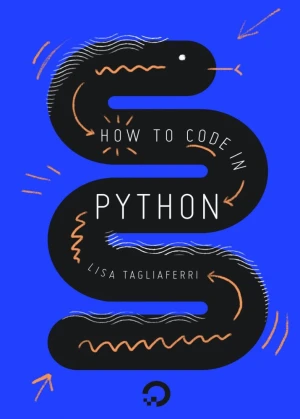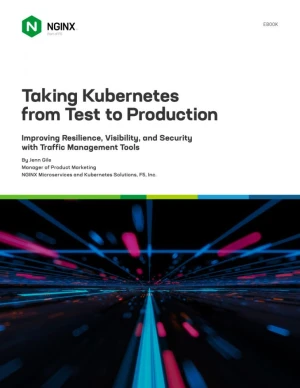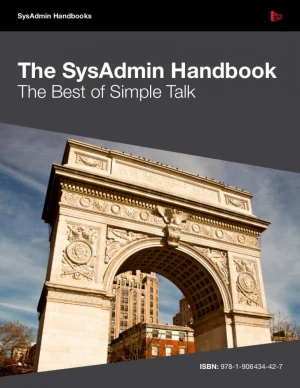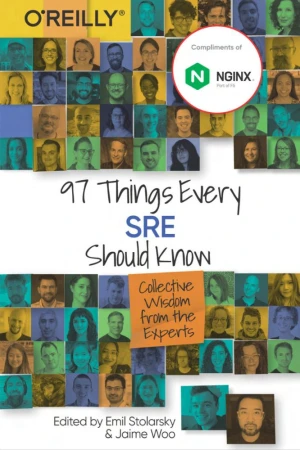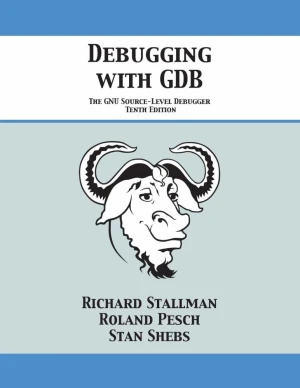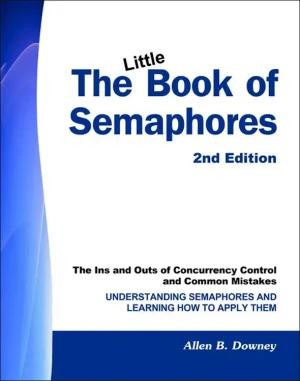The Privacy Engineer's Manifesto
Getting from Policy to Code to QA to Value
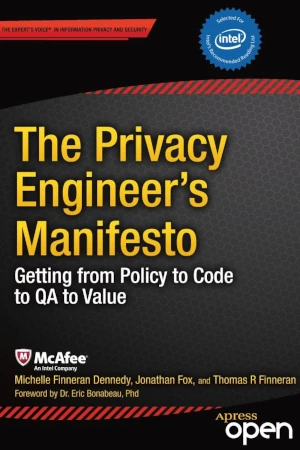
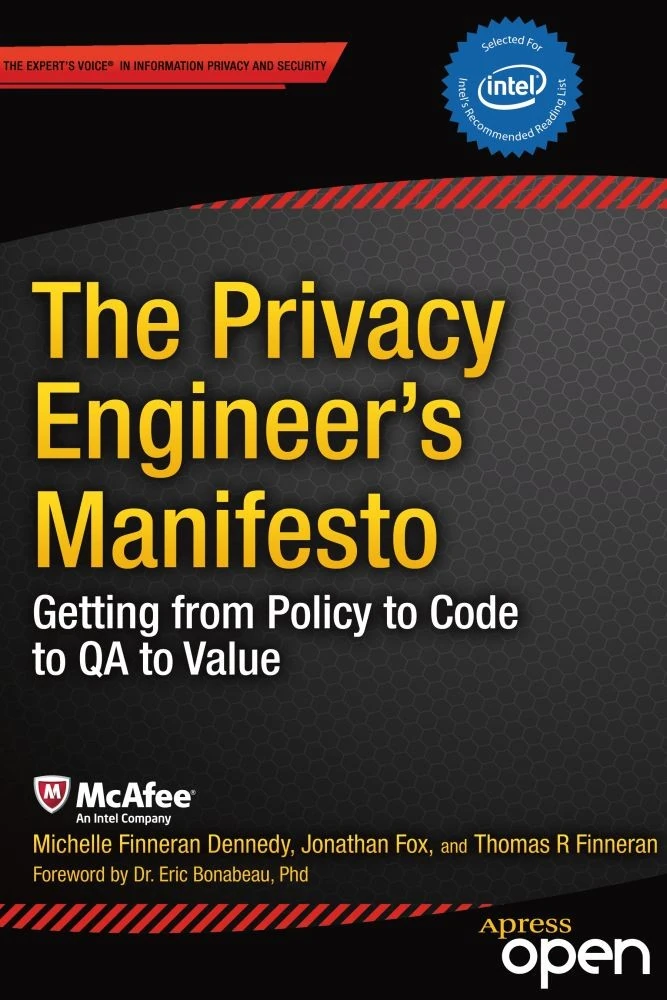
Book Details
| Authors | Michelle Finneran Dennedy, Jonathan Fox, Thomas R. Finneran |
| Publisher | Apress |
| Published | 2014 |
| Edition | 1st |
| Paperback | 400 pages |
| Language | English |
| ISBN-13 | 9781430263555, 9781430263562 |
| ISBN-10 | 1430263555, 1430263563 |
| License | Apress Open |
Book Description
The Privacy Engineer's Manifesto: Getting from Policy to Code to QA to Value is the first book of its kind, offering industry-proven solutions that go beyond mere theory and adding lucid perspectives on the challenges and opportunities raised with the emerging "personal" information economy.
The authors, a uniquely skilled team of longtime industry experts, detail how you can build privacy into products, processes, applications, and systems. The book offers insight on translating the guiding light of OECD Privacy Guidelines, the Fair Information Practice Principles (FIPPs), Generally Accepted Privacy Principles (GAPP) and Privacy by Design (PbD) into concrete concepts that organizations, software/hardware engineers,and system administrators/owners can understand and apply throughout the product or process life cycle - regardless of development methodology - from inception to retirement, including data deletion and destruction.
In addition to providing practical methods to applying privacy engineering methodologies, the authors detail how to prepare and organize an enterprise or organization to support and manage products, process, systems, and applications that require personal information. The authors also address how to think about and assign value to the personal information assets being protected. Finally, the team of experts offers thoughts about the information revolution that has only just begun, and how we can live in a world of sensors and trillions of data points without losing our ethics or value(s)...and even have a little fun.
The Privacy Engineer's Manifesto is designed to serve multiple stakeholders: Anyone who is involved in designing, developing, deploying and reviewing products, processes, applications, and systems that process personal information, including software/hardware engineers, technical program and product managers, support and sales engineers, system integrators, IT professionals, lawyers, and information privacy and security professionals. This book is a must-read for all practitioners in the personal information economy.
Privacy will be an integral part of the next wave in the technology revolution; innovators who emphasize privacy as an integral part of the product life cycle are on the right track.
If you enjoyed the book and would like to support the author, you can purchase a printed copy (hardcover or paperback) from official retailers.
Download and Read Links
Share this Book
[localhost]# find . -name "*Similar_Books*"
How To Code in Python 3
Extremely versatile and popular among developers, Python is a good general-purpose language that can be used in a variety of applications. For those with an understanding of English, Python is a very humanreadable programming language, allowing for quick comprehension. Because Python supports multiple styles including scripting and object-oriented
Taking Kubernetes from Test to Production
With Kubernetes came many new concepts, particularly around networking and traffic management. Alongside these new concepts were entirely new classes of tools, designed for ephemeral, containerized, and distributed application deployments. In particular, Ingress controllers and service meshes did not exist prior to the Kubernetes era. Nor were Laye
The SysAdmin Handbook
Over the past two years, Simple-Talk has published articles on a variety of SysAdmin topics, from Exchange to Virtualization, and including everything from Powershell to Unified Messaging. We have brought the best of these articles together to form The SysAdmin Handbook. With over fifty articles packed into this book, it will be an essential refere
97 Things Every SRE Should Know
Site reliability engineering (SRE) is more relevant than ever. Knowing how to keep systems reliable has become a critical skill. With this practical book, newcomers and old hats alike will explore a broad range of conversations happening in SRE. You'll get actionable advice on several topics, including how to adopt SRE, why SLOs matter, when you ne
Debugging with GDB, 10th Edition
The GNU Debugger allows you to see what is going on "inside" a program while it executes - or what a program was doing at the moment it crashed. GDB supports C, C++, Java, Fortran and Assembly among other languages; it is also designed to work closely with the GNU Compiler Collection (GCC). The GNU Debugger Program has four special features that he
The Little Book of Semaphores, 2nd Edition
The Little Book of Semaphores is a free textbook that introduces the principles of synchronization for concurrent programming. In most computer science curricula, synchronization is a module in an Operating Systems class. OS textbooks present a standard set of problems with a standard set of solutions, but most students don't get a good understandi

